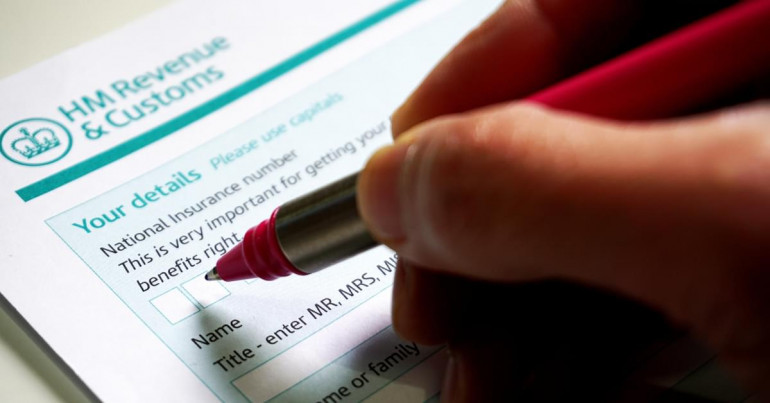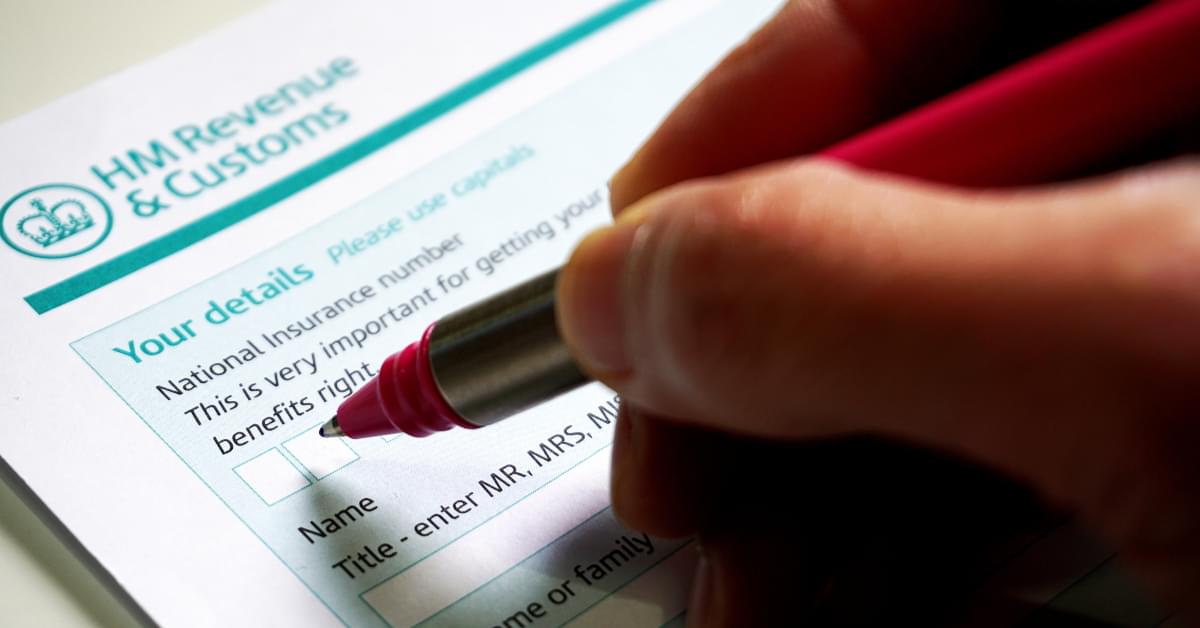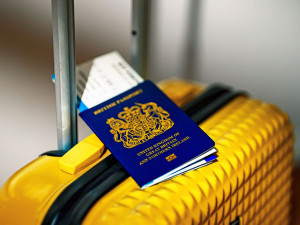
A study by the University of Warwick revealed that skilled migrant workers contributed 8% of total income tax in the UK in 2020. The same survey showed that 24% of top UK taxpayers were foreign nationals. The study exposed the fallacy that migrants occupy only low-skilled British jobs and directly contradicts one of the driving factors behind the vote to leave the EU.
Luckily for foreign expats looking for work in the UK, the economy has continued to promote jobs aimed at highly-skilled migrants. The essential role of foreign specialist expertise in the UK economy has not diminished, and the number of foreign expats immigrating to the UK has continued to rise.
If you’re one of the many foreign nations considering working in the UK, know that the United Kingdom has complex tax, residency and social security laws. Below is what you need to know.

Tax guide for expats living in the UK
Residence status determines your tax rates in the UK. Non-resident expats only pay tax on income earned in the UK. Tax laws that apply to UK citizens also apply to resident expats.
The UK offers temporary work permits to migrant workers, depending on sector, role or industry. The UK does not issue general work VISAs. Instead, all foreign expats who seek entry to the UK for work purposes must be pre-approved under the UK VISA sponsorship scheme. Irish citizens, those with settled or pre-settled status, and those with indefinite leave to remain in the UK do not require sponsorship.
Most businesses can provide sponsorship. But, being sponsored by a British company does not guarantee you a VISA.
UK tax residency explained
UK residents pay tax on worldwide income. Even if your foreign income is taxed in another country, you must declare all of your foreign income as it will still be taxable in the UK.
If you have the right to work or remain indefinitely in the UK, you are, by default, a UK tax resident. The HMRC will only grant tax relief and concessions if:
- You spent fewer than 16 days in the UK this year
- You work abroad full-time and spent less than 91 days in the UK this year.
British statutory residence
The UK statutory residence test (SRT) determines if you are subject to UK income tax, capital gains tax and other taxes. It does not apply to National Insurance contributions. The test has three checks:
- An automatic overseas test
- An automatic UK test
- A sufficient UK ties test.
It’s prudent to examine if you meet any criteria specified by the SRT. Even if you work abroad, you might still be liable to pay UK income tax if your primary residence is in the UK.
What forms of income are taxed in the UK?
The UK taxes all income, but deductions and exemptions can be applied if you qualify for benefits.
UK citizens and tax residents are permitted an untaxed personal income allowance of £12,570. Any income above that, up to a cap of £37,700, is subject to a flat tax rate of 20%.
A higher tax rate of 40% is due on income between £50,720 to £150,000.
Income earned above £150,000 is subject to the highest tax rate of 45%. If you earn over £100,000, your allowance of £12,570 will be reduced by £1 for every £2 earned over £100,000. You will not receive an untaxed allowance if you earn £125,000 in a tax year.
Note: These figures are correct at the time of writing but subject to change. Refer to official UK government guidelines when estimating your tax contributions.
UK expat tax concessions
If you are a UK tax resident but live outside the UK, you can request to be exempt from tax on non-UK workdays. Tax authorities in the UK can help alleviate taxes tied to pensions, accommodation, travel and living expenses.
If you are a tax resident and travel overseas to a temporary workplace, you may request tax relief for expenses like accommodation, utilities, and travel.
Relief from double taxation is available under domestic law and tax treaties between the UK and other countries.
What tax laws are unique to the UK?
Below is a list of just some of the tax laws unique to the UK that might affect you if you become a UK tax resident.
Capital gains tax
All residents must pay capital gains tax. There are different rates for basic income taxpayers and higher income taxpayers.
Capital gains tax applies to:
- Personal possessions worth £6,000 or more (not including personal vehicles)
- Any property sold in the UK that is not your main residence
- Income received for renting out your primary residence
- Shares that are not in an Individual Savings Account (ISA)
- Business assets.
Capital gains tax does not apply to:
- Shares or savings held in an ISA
- UK government gilts and Premium Bonds
- Betting and lottery winnings.
Inheritance and gift tax
The UK charges tax on inheritance and some gifts. The rules are complex, but expats are usually only taxed on assets located in the UK.
Real estate tax
All residential properties in the UK are subject to local council taxes. Council Tax is charged annually for services provided. Residents pay for 12 months of council tax across ten instalments unless you have chosen to pay across 12 months or in one lump sum at the start of the tax year.
Council tax is charged per property regardless of the income of the occupants. Taxes owed are calculated based on the following criteria:
- The valuation band for your home
- How much your local council charge
- Any applicable discounts or exemptions.
Council Tax contributions help fund the council’s services (schools, road repair, libraries and garbage collection). Services provided for taxes paid may vary.
Social security tax
Employers, employees and self-employed workers must all pay National Insurance (NI) tax. UK residents must pay National Insurance tax, even if working abroad.
National Insurance is automatically deducted from your monthly payment if you are employed full-time. You’ll need to organise these contributions through a self-assessment tax return if you’re self-employed.
National Insurance contributions fund state benefits. This includes state pensions, sick pay, maternity leave, unemployment benefits and other social-welfare schemes.
Your tax rate depends on your employment status and how much you earn. If you are a UK resident and work abroad or leave the country for an extended period, you might still be liable to pay NI taxes.

How CurrencyTransfer can help you
Whether you’re moving large lump sums abroad, making inheritance transfers or repatriating funds, we’re here to help.
We’ll find you the fairest deal on your expat currency transfer using our online tools. You can benefit from better-than-bank exchange rates from FCA-authorised payment partners.
We understand that your situation is unique. That’s why we allocate our expat clients a Personal Currency Concierge.
Join hundreds of expats who trust our services to help them save time and money on their international payments.
Matthew Swaile
Copywriter
Florence Couëdel
Editor



